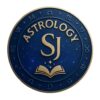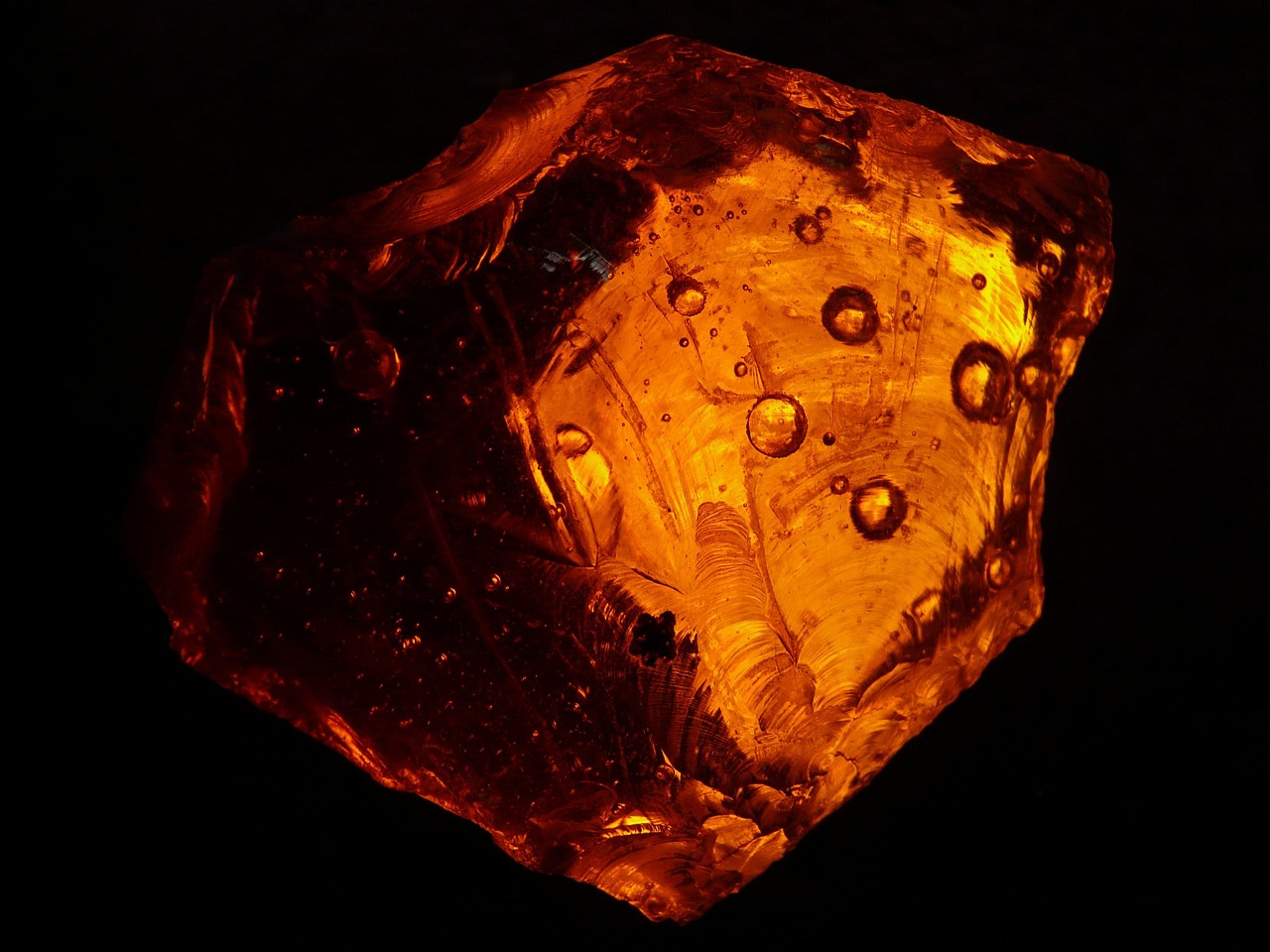Gemology: The Science and Art of Gemstones
Gemology is the scientific study of gemstones. It encompasses everything from the origin and structure of gems to their identification, classification, grading, and appraisal. A branch of mineralogy, gemology blends science and aesthetics to explore the physical and optical properties of precious and semi-precious stones. Whether for adornment, investment, or metaphysical uses, gemstones have fascinated humans for centuries, and gemology helps us understand their true nature and value.
What Is Gemology?
It is both a scientific discipline and an art. It involves the analysis of gems to determine their authenticity, quality, and value. Gemologists use various tools and techniques, including microscopes, spectroscopes, and refractometers, to examine characteristics such as color, clarity, cut, and carat weight. They study natural, synthetic, and treated gems and differentiate between them with precision and care.
In recent decades, It has become more vital due to the increasing prevalence of synthetic and treated stones. With advanced technology, it’s easier than ever to mimic natural gemstones, making expert gemological knowledge indispensable for buyers and sellers alike.
The Importance of Gemology
Gemology plays a critical role in the jewelry industry. Jewelers and gem traders rely on gemologists to provide accurate assessments of gemstones. This ensures fair pricing, consumer confidence, and ethical trading practices. A certified gemologist can verify the authenticity of a gemstone and detect any treatments or enhancements that may affect its value.
Beyond commerce, It is also essential in preserving historical artifacts. Museums and collectors use gemological analysis to authenticate and conserve ancient jewelry and gemstones, providing insights into the cultures and craftsmanship of past civilizations.
Common Gemstones
Some of the most studied and celebrated gemstones include:
- Diamond: Known for its hardness and brilliance, diamonds are the most popular gemstones in engagement rings. It helps identify natural diamonds and distinguish them from lab-grown or treated stones.
- Ruby: Valued for its intense red hue, ruby is a variety of the mineral corundum. Gemologists assess its origin and treatment status to determine its worth.
- Emerald: Recognized for its lush green color, emeralds are often included with natural fractures. It helps determine the degree of treatment, such as oiling, which affects their value.
- Sapphire: Although typically blue, sapphires come in many colors. It examines their color zoning, inclusions, and other features to evaluate quality.
- Amethyst, Topaz, Garnet, and Tourmaline are also significant in gemological studies due to their wide use in both fine and fashion jewelry.
Gemology and Healing Practices
While gemology is grounded in science, it also intersects with traditional healing systems in many cultures. In Vedic astrology, for example, gemstones are believed to channel planetary energies and promote health, prosperity, and spiritual growth. A gemologist trained in both science and metaphysical traditions can recommend stones based on individual astrological charts, adding another dimension to their practice.
Careers in Gemology
A career in this vertical can be both lucrative and fulfilling. Certified gemologists may work in labs, auction houses, retail jewelry, or as independent appraisers. With growing global demand for gemstones, there is also a rising need for qualified professionals who can provide trustworthy evaluations.
Conclusion
This is a fascinating and essential field that combines science, art, and tradition. As the gemstone market grows and diversifies, the role of gemologists becomes increasingly significant. Whether you’re a jeweler, collector, astrologer, or simply a lover of gems, understanding the principles of gemology can deepen your appreciation for these natural treasures and ensure that your investments are well-informed and authentic.
for More Information about Gemology Please Connect with me.
Table of Contents
Disclaimer: The content published on AstroShrutiJain.com is intended for informational and educational purposes only. It is not a substitute for professional consultation or personalized advice. While Dr. Shruti Jain makes every effort to provide accurate and up-to-date information based on her expertise in Vedic astrology, numerology, gemology, vastu, and palmistry, the interpretations and recommendations are subject to individual belief and discretion. AstroShrutiJain.com does not guarantee specific outcomes and is not liable for any decisions made based on the content of this website. Users are encouraged to seek professional guidance for their unique situations.


